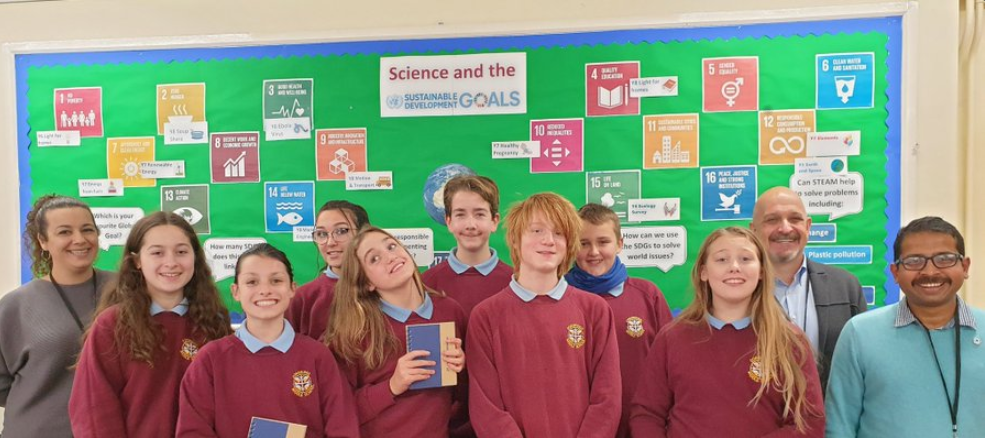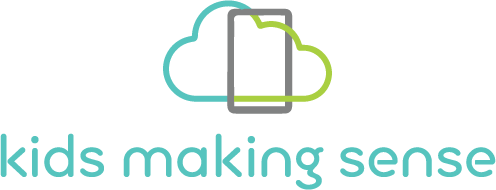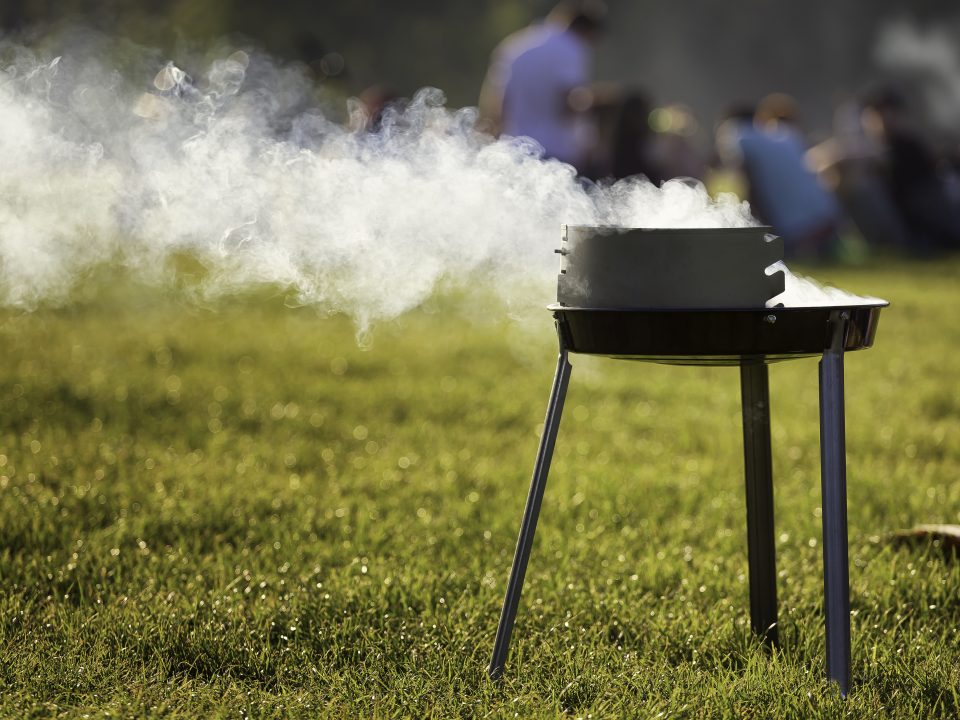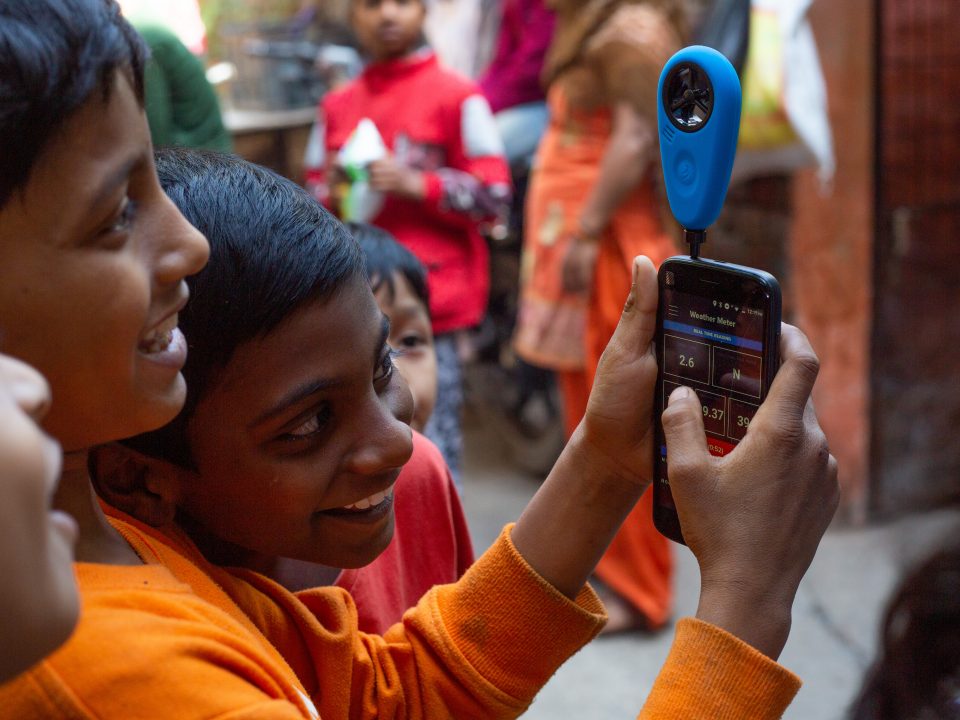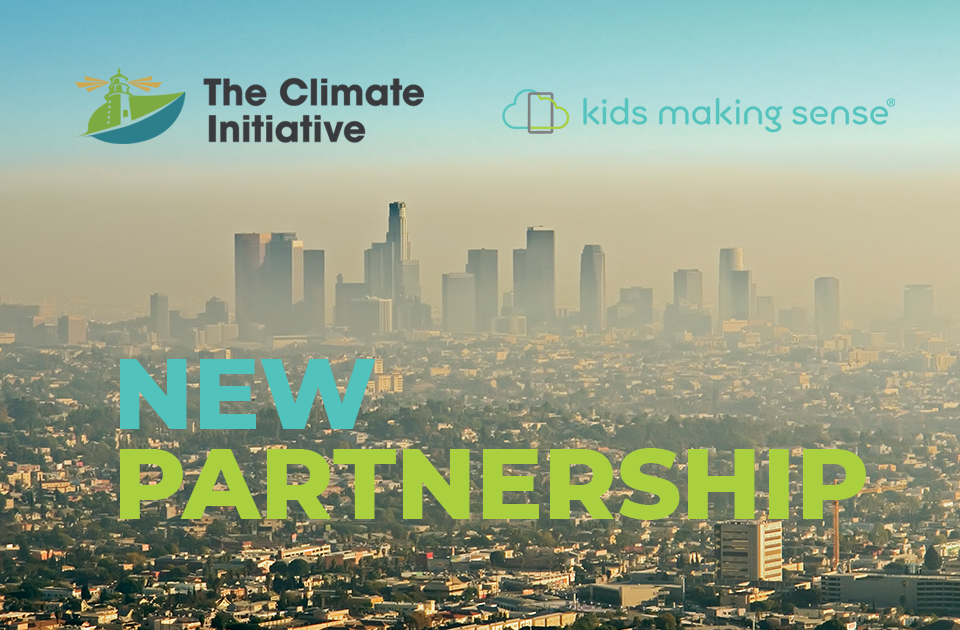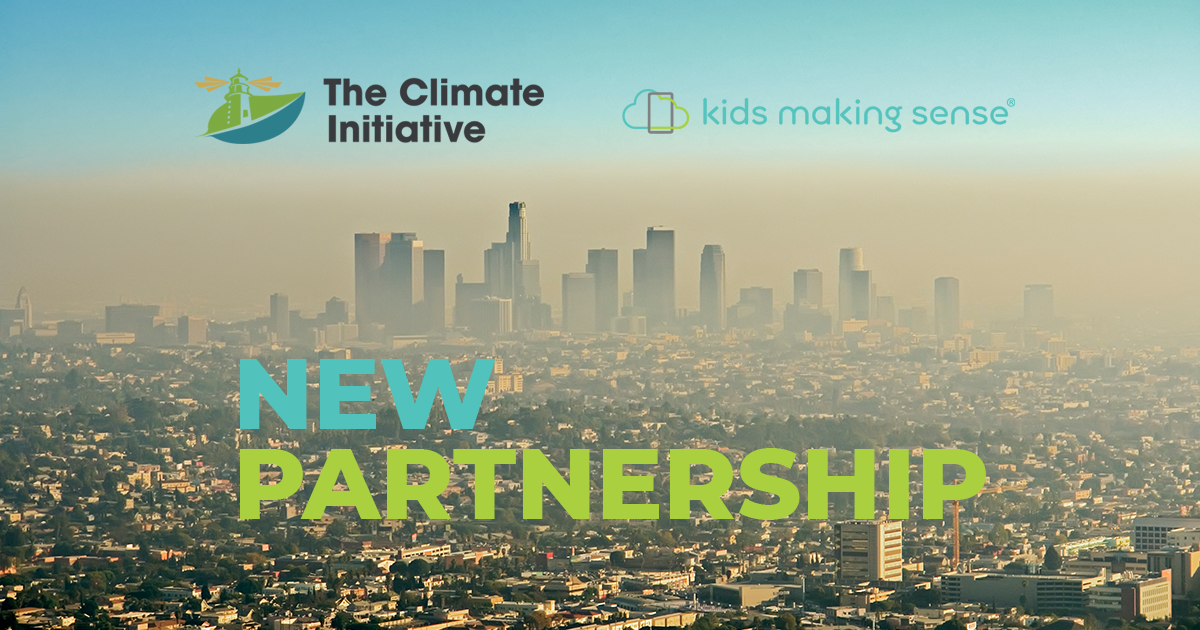
Empowering the Next Generation of Youth Leaders through STEM and Community Action
September 13, 2022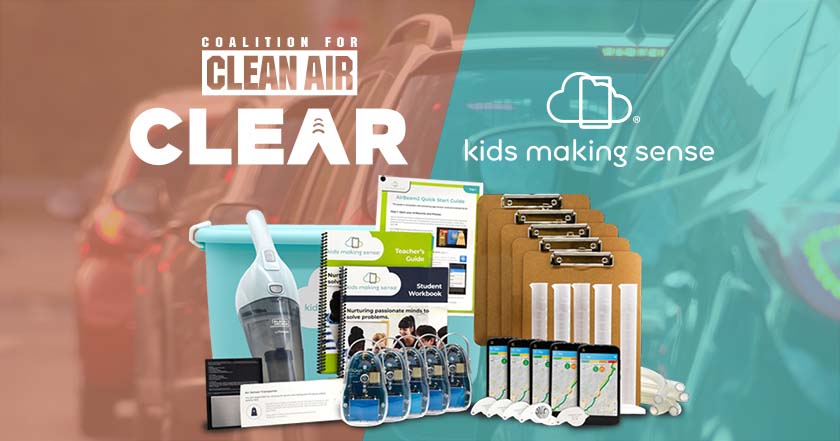
Creating Change: Students Showcase their Sensor Studies for Policy Maker
January 31, 2023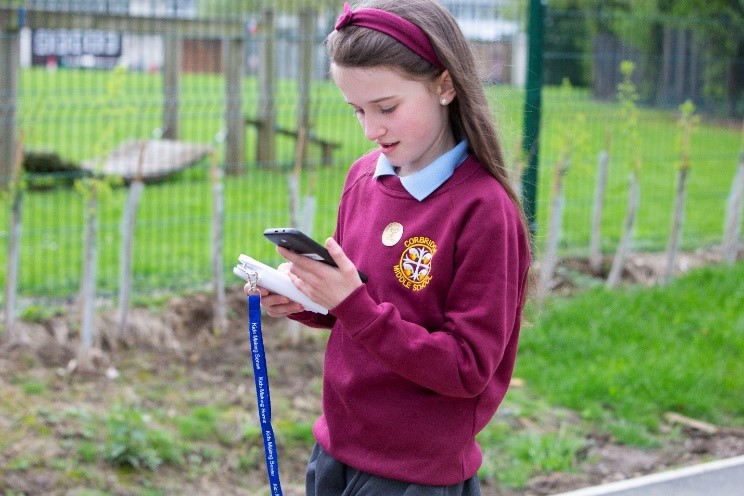
Students Use Kids Making Sense Air Sensors to Learn about Climate Change and Air Quality
Students in Newcastle, United Kingdom, have been using Kids Making Sense air quality sensors to learn more about climate change, including what’s in the air they breathe and what types of air pollution affect their local community. They are excited to be part of the solution to combat climate change.
Partnership with Newcastle University and the ‘Kids Action Thru Science’ Program
Kids Making Sense is an official partner of the Kids Action Thru Science (KATS) program and Newcastle University, which furthers our goal to help educate students on air quality issues around the globe. Through this partnership, we provide students with air quality sensors and curriculum for hands-on learning.
The KATS program is led by Newcastle University, and includes education on air pollution, water pollution, soil protection, and the potential impacts of with climate change. While the program is currently only operating locally, Newcastle University hopes to expand the program substantially in the future.
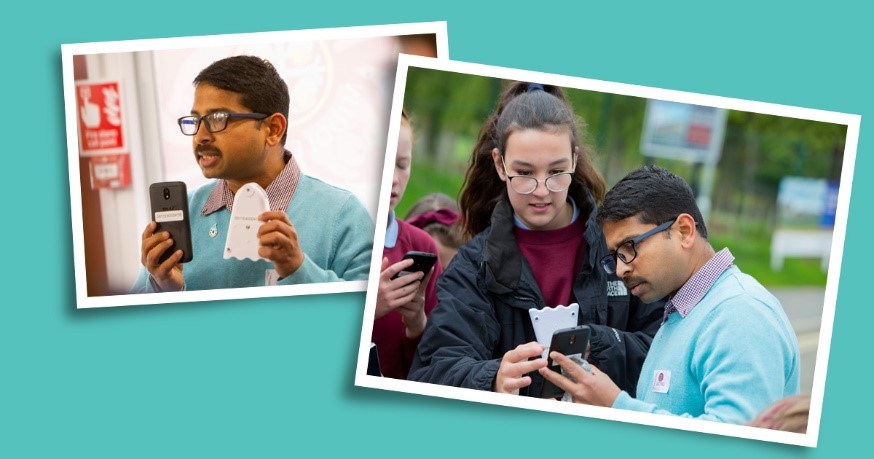
Students in Newcastle used the Kids Making Sense handheld air quality sensors to take measurements of the outdoor air around their community. The sensors monitor particulate pollution, and display data in real time through a smartphone app.

Students brainstormed and then explored potential sources of air pollution located nearby. They used the handheld air quality sensors to collect data that could confirm or disprove their theories of local air pollution, and the data they collected can be shared with members of their community to help create change.
The curriculum was then used to walk students through how to view particulate matter data they collected on a live map, and encourage them think about what sources may have contributed to the values seen. Based on where they took measurements, they brainstormed about what activities or businesses nearby may have been potential polluters.
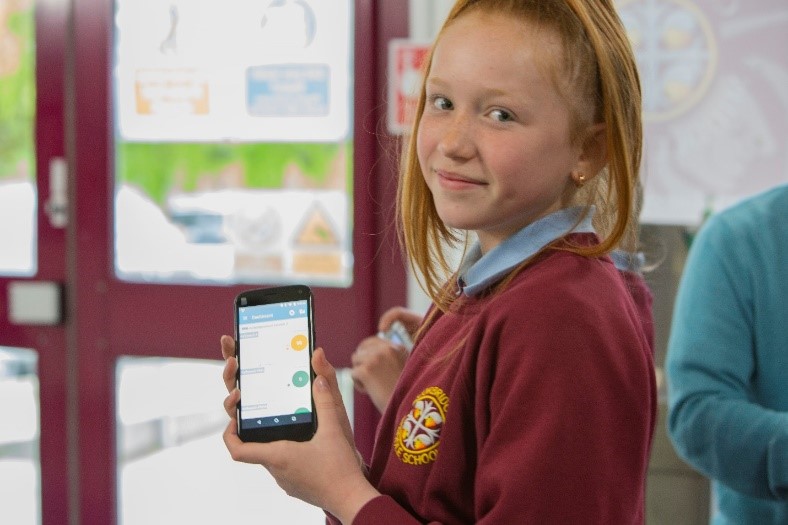
“The Kids Making Sense tools allow children to think rationally about air quality,” said Pauline Dixon, Professor of International Development and Education at Newcastle University and leader of the KATS program. “As we say, to become citizen scientists provides them with the knowledge and understanding to think about how to tackle these issues successfully. The children love using technology to enhance their learning and understanding. Kids Making Sense is an excellent way to do that.”
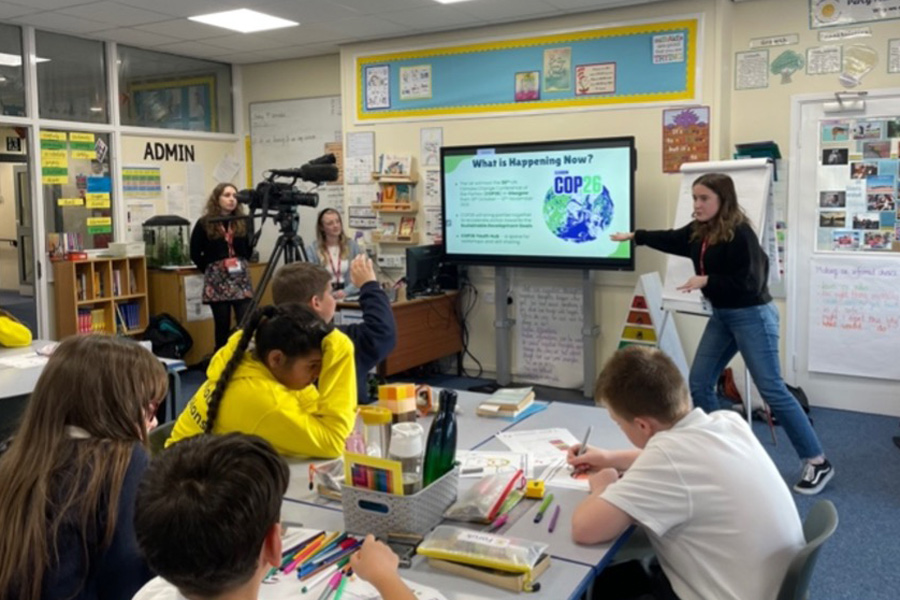
KATS Program Outcomes
“Two members of the Kids Making Sense team including Olivia Ryder, traveled to Corbridge Middle School to give a presentation covering the technical aspects of the air quality sensors and the impacts of air pollution . This included demonstrating how to use the air quality sensors and then interpret the resulting data. The Kids Making Sense team ended the day by taking the students on a field study to measure air pollution in their neighborhood.
Students that were a part of the KATS program learned about current environmental issues and gained hands-on experience through experiments, games, and virtual reality activities. Hopefully, with additional instruction, they will help spread knowledge about potential sources of pollution within their community and inspire curiosity among their peers.
